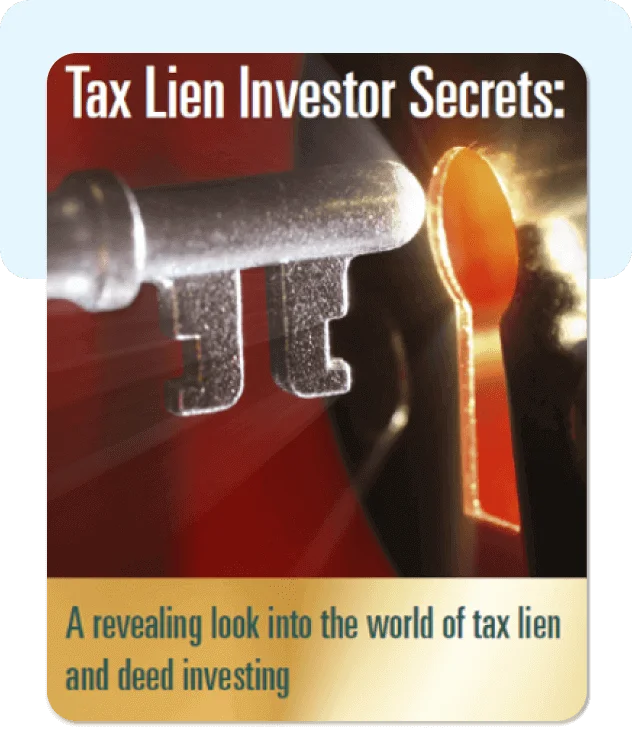
Tax liens and deeds are one of the few investments that provide security and profitability.
Tax Lien Investor Secrets simplifies complicated laws and procedures into investment training that you can understand and implement.
Also receive Hot Properties, Webinar
Invites & Tax Sale Lists

The Coaching Program is structured to help students locate, research, and evaluate potential tax sale investments. New coaching students tend to focus on acquiring property.

Years of Experience
Trained Students
They have spent the last 20 years dedicated to online based investing in tax liens and tax deed foreclosures.
The Coaching Program is structured to help students locate, research, and evaluate potential tax sale investments. New coaching students tend to focus on acquiring property.
Once this has been completed, our focus shifts towards helping the student monetize the investment. Our ability to guide the student through every aspect of the investment process is what makes our mentoring unique.
Questions are always good when you’re attempting to learn something new. We often get the same questions repeatedly. Check out some of our most frequently asked questions below.
We attended our first Tax Auction in 1999 and spent the next 8 years learning everything we could. To read our full story check out our About Us page!
Use the form below to send us a message if have any questions. We usually respond within 24 to 48 hours.